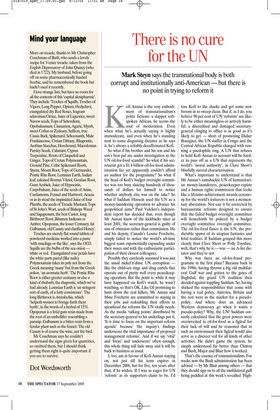Mind your language
More on treacle, thanks to Mr Christopher Couchman of Bath, who sends a lovely recipe for Venice treacle, taken from the English Dispensatory of John Quincy (who died in 1722). My husband, before going off on some pharmaceutically funded freebie, said he remembered the book but hadn’t used it recently.
I love strange lists, but have no room for all the contents of this ‘capital alexipharmic’. They include ‘Troches of Squills, Troches of Vipers, Long Pepper, Opium, Hedychroi, exungulated dry Red Roses, fragrant sclavonian Orrice, Juice of Liquorice, sweet Navew seeds, Tops of Schordium, Opobalsamum, Cinnamon, Agaric, Myrrh, sweet Coftus or Zedoary, Saffron, true Cassia Bark, Spikenard, Schoenanth, Male Frankincense, Cretan Dittany, Rhapontic, Arabian Staechas, Horehound, Macedonian Parsley Seeds, Calamint, Cyprus Turpentine, Roots of Cinquefoil and Ginger, Tops of Cretan Polymountain, Ground Pine, Celtic Spikenard Roots, Styrax, Meum Root, Tops of Germander, Pontic Rhu Root, Lemnian Earth, Indian leaf, calcined Roman Vitriol, Gentian Root, Gum Arabick, Juice of Hypocistis, Carpobalsam, Juice of the seeds of Anise, Cardamoms, Fennel and Hartwort; Acacia or in its stead the inspissated Juice of four Plumbs, the seeds of Treacle Mustard, Tops of St John’s Wort, seeds of Bishops Weed and Sagapenum, the best Castor, long Birthwort Root, Bitumen Indicum or Amber, Opoponax, the lesser Centaury, fat Galbanum, old Canary and clarified Honey’.
Troches are merely flat round tablets of powdered medicine worked into a paste ‘with mucilage or the like’, says the OED. Squills are the bulbs of the sea onion white or red. Exungulated rose petals have the white parts pared (like nails). Polymountain takes its poly not from the Greek meaning ‘many’ but from the Greek polion, ‘an aromatic herb’. The Pontic Rhu Root is either greater centaury or else a kind of rhubarb, the rhapontic, which we’ve had already. Lemnian Earth is ‘an stringent sort of earth, of a fatty consistence’. The long Birthroot is Aristolochia, which ‘helpeth wymen to brynge furth theyr byrth’, in the words of a herbal of 1551. Opoponax is a fetid gum resin made from the root of an umbellifer resembling a parsnip. Galbanum is a bitter resin from a ferular plant such as the fennel. The old Canary is of course the wine, not the bird.
Mr Couchman says he couldn’t understand the signs given for quantities, so omitted them, but I should think getting them right is quite important if you are to survive.



















































 Previous page
Previous page